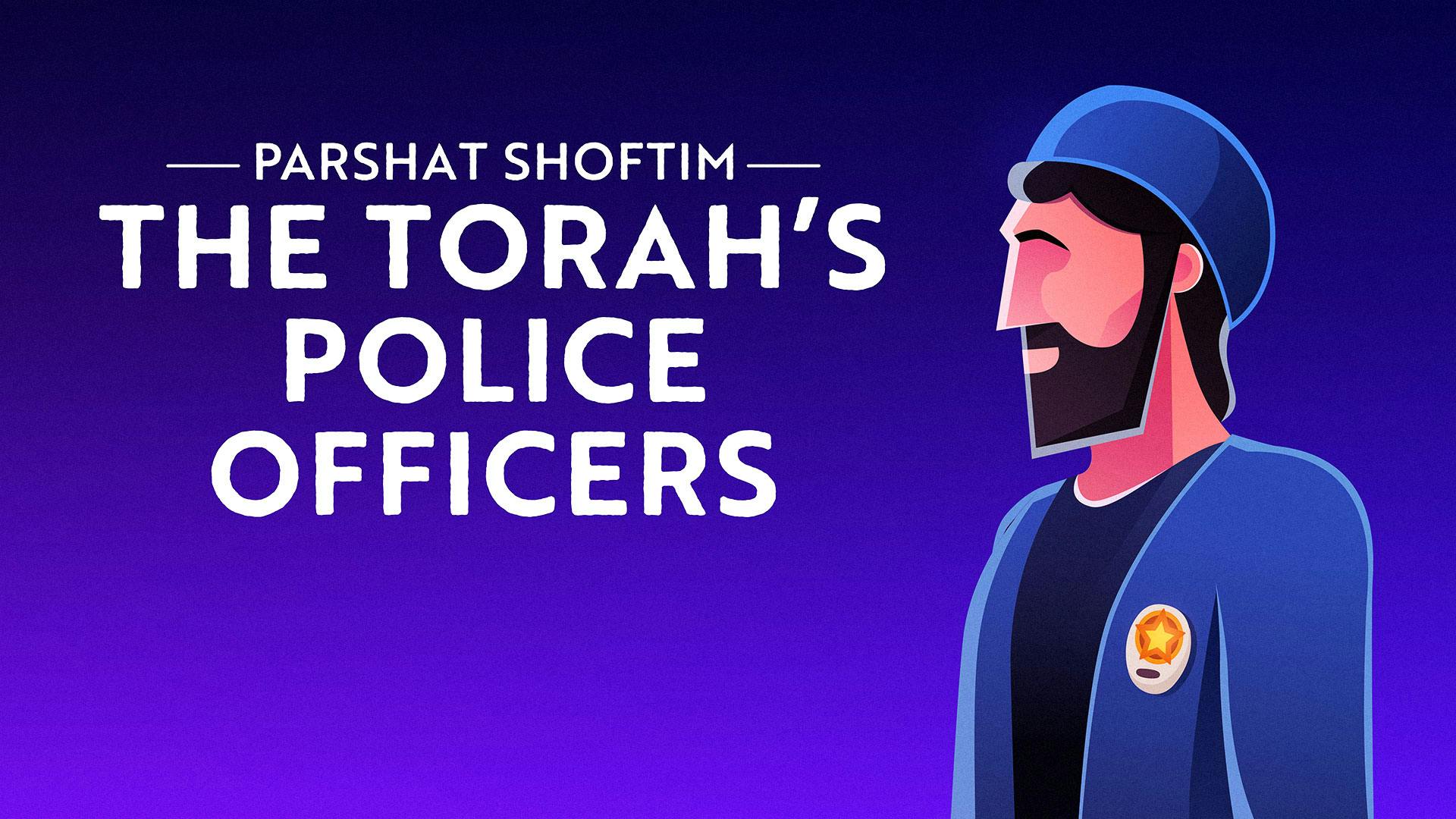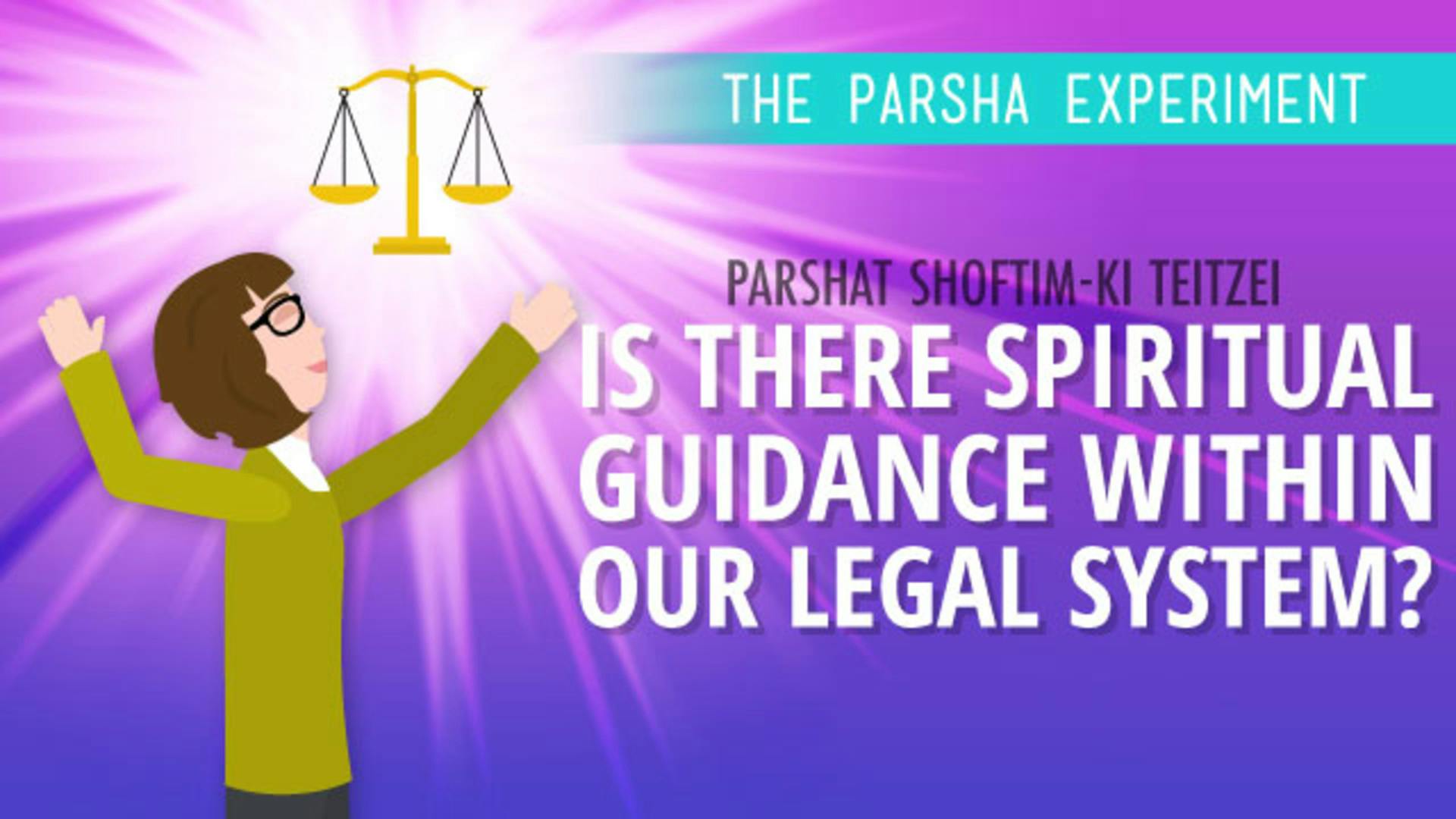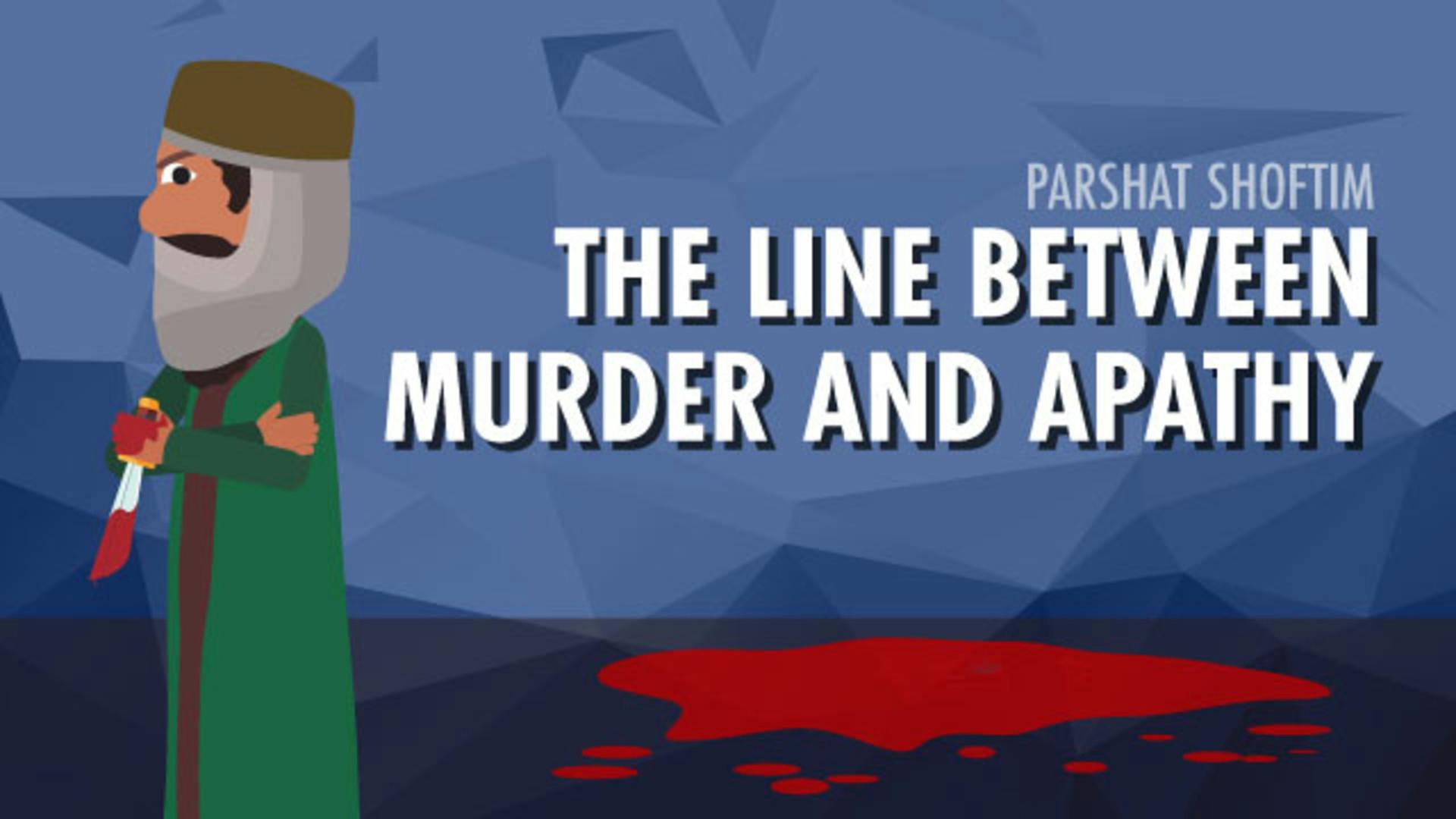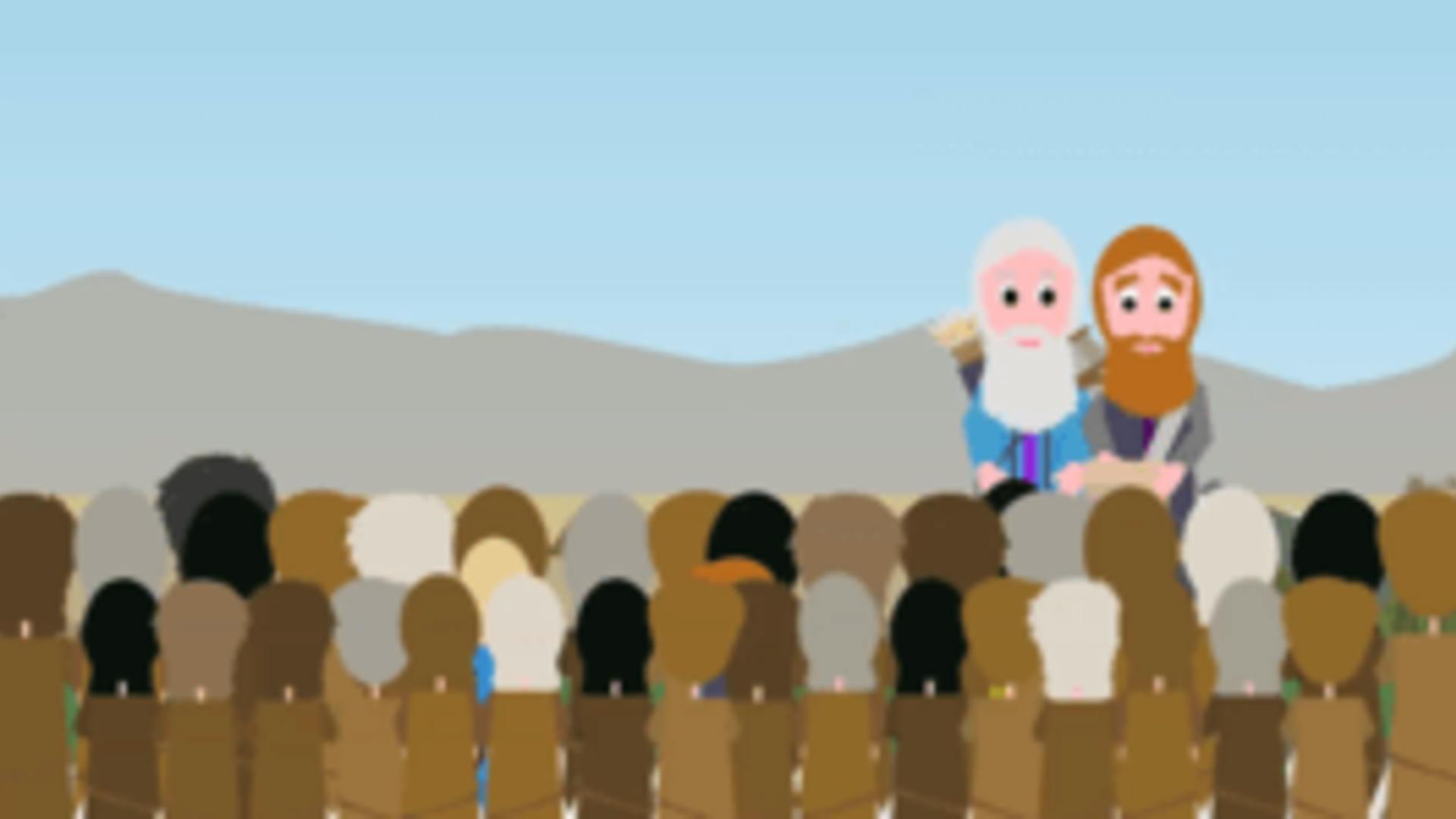
What Preparing for Battle Can Teach Us About Living a Meaningful Life
D'var Torah for Parshat Shoftim
BY Evan Weiner | June 5, 2024 | 5 Minute Read
How the Israelites Prepared for Battle
Who is exempt from battle?
In Parshat Shoftim, we read about the Israelites’ pre-battle protocols. As part of the preparations, the Torah outlines various soldiers who are exempted from going out to battle:
- Someone who has built a house, but not yet lived in it is exempt because maybe he’ll die in battle and someone else will move in.
- Someone who has planted a vineyard, but not yet harvested it is exempt because maybe he’ll die in battle and someone else will harvest it.
- Someone who has become engaged to a woman, but not yet married her is exempt because maybe he’ll die in battle and someone else will come along and marry her.
- Someone who is afraid and disheartened by battle is exempt because maybe his fright will weaken the resolve of his fellow soldiers.
One of these things doesn’t belong
Looking at this list, something strange emerges, because it feels pretty obvious that one of them is in no way, shape, or form like the others. The first three exemptions are basically all for the same reason – for the soldiers with the house, vineyard, or fiance, we’re worried that someone else is going to come along and get what they would have had, but the soldier who is afraid, he doesn’t seem connected to that idea at all. So, why is this outlier, the frightened soldier, grouped together with the three others?
Besides the list containing an obvious outlier, there’s another strange thing about this list. That is, when you actually look at that outlier and compare it against the others, it’s only that single outlier which actually makes any sense to exempt. I mean, cowardice is contagious, and that could destroy the morale of the entire army. There is a communal benefit in sending him back to the homefront. But the others – the guys who either built a house, planted a vineyard, or got engaged – why should their personal situation get them out of going to battle? If they’re capable of fighting, who cares what they have going on in their personal lives?
A strange reason to be exempted
But by the mere fact that we do exempt these three soldiers – the house-builder, vineyard-planter, and fiance – the Torah is saying that we do really care about their personal concerns. There actually is something very important about protecting these particular soldiers’ lives, and the Torah actually tries to tell us what it is. The reason these soldiers are exempted is that it would just be too much of a tragedy if they died in battle while being on the cusp of these milestones and someone else came along and took their house or vineyard or wife-to-be.
Now, not to be morbid or anything, but if those soldiers die in battle and someone else gets their stuff, would they really mind? I mean, they’re not around to be hurt by someone moving into their home or harvesting their vineyard or marrying the woman they wanted to marry because they’re…dead. How exactly is it going to hurt their feelings at that point? It just seems like the Torah is giving a strange reason for them to be exempted.
But, perhaps there is something we’re missing here. Maybe the reason for their exemption is not the tragedy in their death, but in the purpose of their living. Is there something about the milestones these soldiers are about to achieve that is of such great importance? What is it about these three soldiers that make their lives so much worth living that we excuse them from battle?
In this video, Rabbi David Fohrman shows how these strange military exemptions actually provide a framework for answering one of the most basic existential questions: How do I live a life worth living? Watch the video and discover how to live a more meaningful life. Subscribe now.
Parshat Shoftim in a Nutshell
Parshat Shoftim contains a number of different laws and topics. As the name, shoftim (judges), suggests, the parsha begins with the command to set up a just court system. The parsha then discusses sacrificial law, specifically, the prohibition of bringing blemished animals, before returning to judicial laws. Parshat Shoftim outlines the death penalty for idol worshippers, discusses the rebellious elder, and introduces the idea of establishing a monarchy in Israel. The parsha then discusses various gifts to the Kohanim and prohibits any kind of divination. In Parshat Shoftim, we learn about the laws of the city of refuge, where someone who accidentally kills another person is able to seek protection. We also learn about the laws of conspiring witnesses, and the Torah’s rules of engagement in war. The parsha concludes with the laws related to an unsolved murder.
More Parshat Shoftim Videos

Shotrim: A Biblical Model for Leading With Humanity
Video • 11 min
In Parshat Shoftim, we're commanded to appoint police officers, shotrim. But there are strange parallels between these officers and another set of shotrim: the abusive officers in Egypt. What are these parallels trying to tell us? Watch and find out.

The Hidden Meaning Behind The List Of Laws In Deuteronomy
Video series • Part 1 of 2 • 13 min
Last parsha, we began to suggest that all of these random laws are somehow related to the 10 commandments! But what is the larger message that this list of laws is coming to teach us?

The Origin Of The Accidental Murder Laws In The Bible
Video series • Part 1 of 3 • 12 min
In Parshat Shoftim, we are introduced to cities of refuge, a safe haven for one who kills accidentally. Interestingly, we've heard many of the same circumstances before in the Torah, but why? In this video, Rabbi Fohrman gives us a context to understand what lies beyond accidental murder, and how to become more sensitive individuals.

